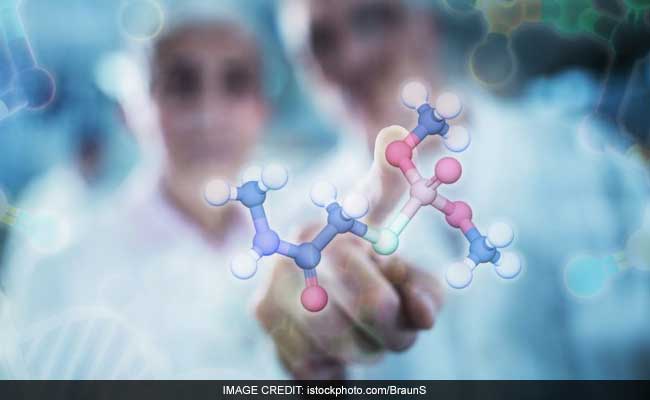Named after the Greek goddess who spun the thread oflife, Klotho proteins are located on the surface of cells ofspecific tissues.The proteins bind to a family of hormones that regulatecritical metabolic processes in the liver, kidneys, and brain.

The3-D structure of longevity protein revealed to help develop therapies to treat diabetes, obesity
Scientists have revealed the three-dimensional structure of longevity protein that may help develop therapies to treat diabetes, obesity and certain cancers.
Named after the Greek goddess who spun the thread of life, Klotho proteins are located on the surface of cells of specific tissues. The proteins bind to a family of hormones, designated endocrine Fibroblast growth factors (FGFs), that regulate critical metabolic processes in the liver, kidneys, and brain, among other organs.
Researchers from Yale University in the US found that beta-Klotho is the primary receptor that binds to FGF21, a key hormone produced upon starvation. FGF21 stimulates insulin sensitivity and glucose metabolism, causing weight loss. This new understanding of beta-Klotho and FGF21 can guide the development of therapies for conditions such as type 2 diabetes in obese patients, the researchers said.
"Like insulin, FGF21 stimulates metabolism including glucose uptake," said Joseph Schlessinger, from Yale University. "In animals and in some clinical trials of FGF21, it shows that you can increase burning of calories without changing food intake, and we now understand how to improve the biological activity of FGF21," Schlessinger said.
In the study, published in the journal Nature, the researchers also described a new variant of FGF21 that has 10 times higher potency and cellular activity. By developing drugs that enhance the pathway, Schlessinger said, researchers can target diabetes and obesity.
Conversely, using agents that block the pathway, they hope to explore therapies for conditions such as liver cancer and bone diseases, among others. "The next step will be to make better hormones, make new potent blockers, do animal studies, and move forward,"
(This story has not been edited by NDTV staff and is auto-generated from a syndicated feed.)
DoctorNDTV is the one stop site for all your health needs providing the most credible health information, health news and tips with expert advice on healthy living, diet plans, informative videos etc. You can get the most relevant and accurate info you need about health problems like diabetes, cancer, pregnancy, HIV and AIDS, weight loss and many other lifestyle diseases. We have a panel of over 350 experts who help us develop content by giving their valuable inputs and bringing to us the latest in the world of healthcare.














